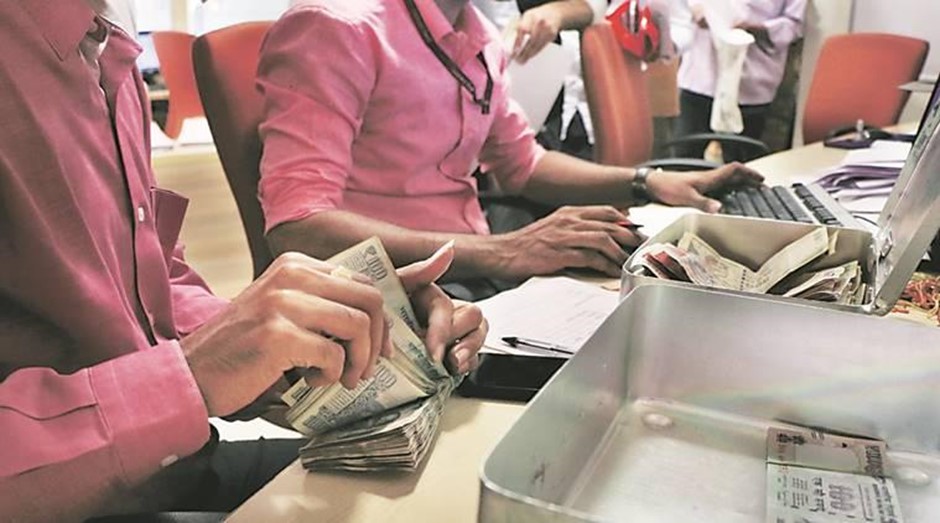Search
How do Banks Track Suspicious Transactions?
February 23, 2018
Frauds in the banking sector have been on the rise since the past few years. According to the data with the Reserve Bank of India, the number of fraud cases jumped to 3,61,000 in FY17 from mere 45,800 in FY15. This is the reason why both public sector and private sector banks have started to become more vigilant towards suspicious transactions.
But what is a suspicious transaction really? And what measures do the banks take to identify and stop the fraudulent activities related to such transactions?

Suspicious Transactions and Their Significance
As the name suggests, a suspicious transaction is a transaction that suggests a crime or fraud. It could be a cash payment or a digital transaction.
It’s worth noting that all the financial institutions such as banks, mutual funds houses, etc. are required to notify the authorities about such transactions as per the Prevention of Money Laundering Act 2002.
How do Banks Identify Suspicious Transactions?
The banks consider various factors to keep an eye on fraudulent transactions. These are:
Account Activities
If there are anomalies in the transactions of a particular account when compared to its transaction history, then it could suggest a fraud. For instance, if a person was spending only around Rs. 20,000 per month in multiple transactions with their credit card and suddenly a major single transaction of Rs. 50,000 was made under the same, it may raise red flags for the bank and they may contact the person for verification.
Multiple Accounts
If an individual wants to create multiple bank accounts or credit card accounts even when there is no clear or legitimate reason for the same, it may raise suspicion and the bank may investigate the case.
Personal Information Mismatch
Identify frauds have become quite common today, which is why banks also take identity verification very seriously. So, if they find a discrepancy in the personal details such as address, contact number available to them, they can enquire the person to prevent a potential fraud.
Important Links:
Courses
-
MBA for Executives
-
testssd
-
testssd
-
testssd
-
testssd
-
testssd
-
BBA from UK University
-
Banking course + Job
-
MBA from ARU, Anglia Ruskin University (UK)
-
4-IN-1 Professional Diploma in Banking, Financial Services & Insurance (PDBFSI)
-
MBA from HSNC University (Mumbai, India)
-
Sage Foundation - Professional Diploma in Banking
-
3-in-1-management-program
-
Post Graduate Diploma in Banking & Finance
-
Post Graduate Diploma in Digital Marketing
-
Post Graduate Diploma in Integrated Marketing, Advertising & Communication
-
4-IN-1 Professional Diploma in Banking, Financial Services & Insurance (PDBFSI)
-
Professional Diploma in Digital Marketing
-
Professional Diploma in Real Estate Management
-
Professional Diploma in Photography
-
Certificate in Business English
